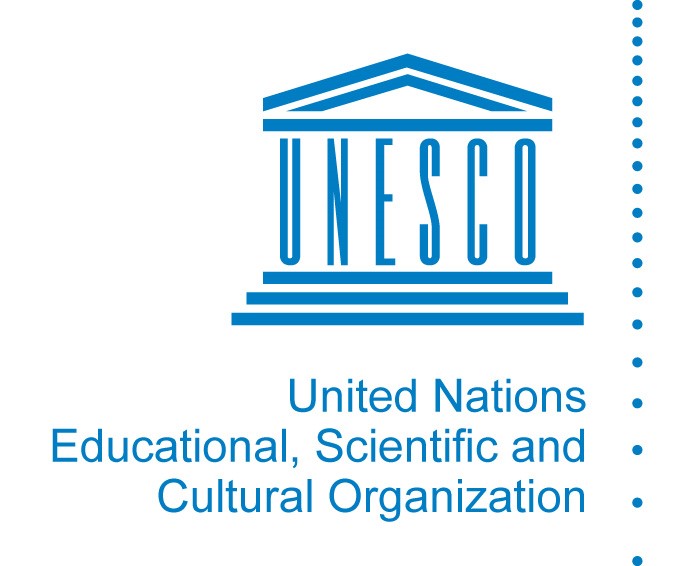Policies, professional guidelines and protocols are critical in guiding the practices within a media organization. They set the operational expectations and codes of conduct for staff and their professional engagements. “Gender-focussed media codes of ethics can potentially institutionalize a different kind of practice that is cognisant about and responsive to gender concerns. The instruments are a first step towards professionalising practice from a gender-ethics perspective” (WACC and IFJ 2012). While certain policies may be more commonplace, such as publishing and editorial policies that cover gender and gender-based violence, others are only beginning to emerge. In a global survey undertaken by the International Federation of Journalists, it was found that only 26% of workplaces had a policy covering gender-based violence and sexual harassment (IFJ).
Global research found that policies on gender for media exist across an array of countries at the ‘macro industry’ or ‘association level’, but that this did not translate to implementable codes and guidelines at the practitioner level. The same research found that where regulations do exist, mechanisms for compliance are lacking with non-enforcement and no recourse (e.g. redress or corrective action) (WACC and IFJ 2012). These findings indicate that in addition to having strong policies in place, it is important to employ complementary strategies (such as training and accountability mechanisms) to ensure they are effectively implemented.
